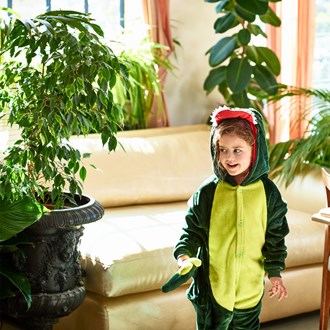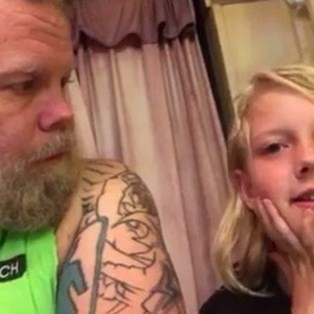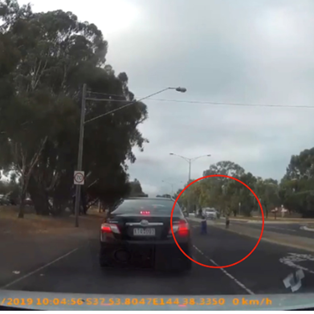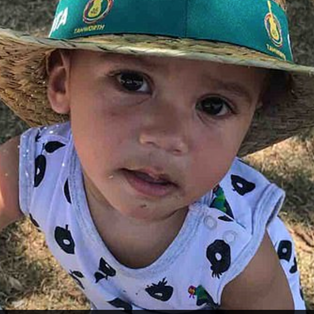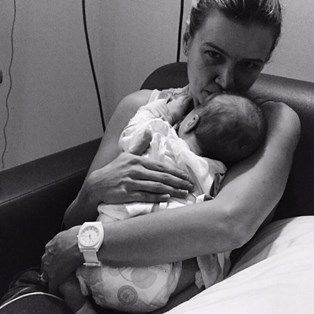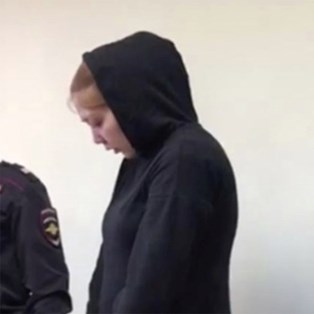Christchurch terror attacks - how to talk to your children about the mosque shootings
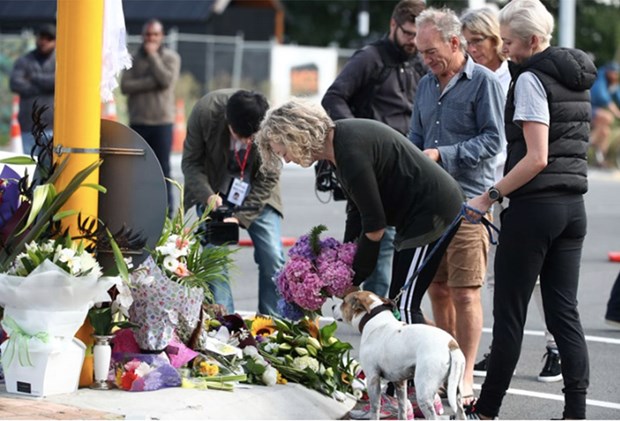
A helpful guide to how to answer your kids' questions
By Frances Sheen
March 16 2019
Parents around Australia, and the world, are wrestling with how to explain the Christchurch mosque massacre to their children right now.
After all, we want to be the ones who talk to them about it, in case they hear the wrong story in the playground.
Clinical psychologist, Dr Sarb Johal told stuff.co.nz, that when it comes to dealing with tragedy, children take their cues from their parents
"Kids need to be told 'you're safe, we're safe, something bad has happened and there are people out there helping'," he told the website.
In a nutshell, adults need to answer questions calmly and honestly but also not alarm their kids - it's a difficult tightrope.
So far, 49 people were killed when gun man, Brenton Tarrant, went into the Al Noor Mosque in Christchurch, New Zealand with rifles and shot at Muslim people praying.
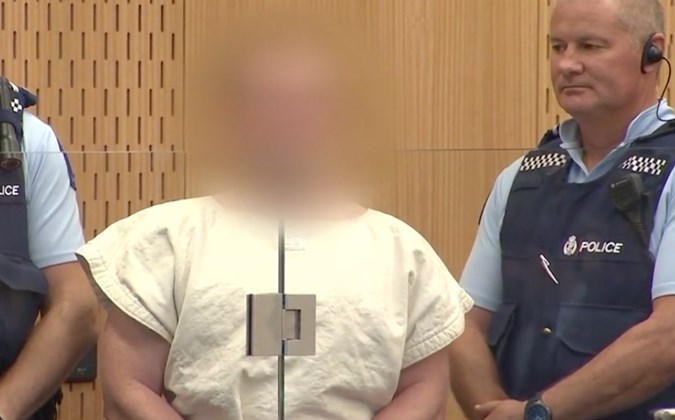
Brenton Harrison Tarrant in court
Dr Johal says that it's important for kids to know that it's acceptable to feel sad by what has happened. And absolutely fine to have questions.
However, it's also important that children are not overwhelmed by too much information that might upset them in later hours, days and weeks when they think more about it.
Repeated exposure to images and the video of what happened can increase the risk of anxiety and other issues. So try to answer children's questions, but keep re-iterating that they are safe and this is not a common incident.
TIPS TO REMEMBER WHEN CHILDREN ASK ABOUT THE CHRISTCHURCH MASSACRE
* Give your children as much information as they ask for. But answer the question asked, don't offer too much information.
* Stay aware of things they might see or hear. Remind them to ask you questions, if they hear information they do not understand.
* Tell children they're safe and that people are helping keep them safe.
* Don't shy away from telling them people have been hurt and killed.
* Remember to talk about feelings as much as facts.
* Find a space to process their own feelings, if they're struggling they should get help.
* Remember their reactions may be delayed.



